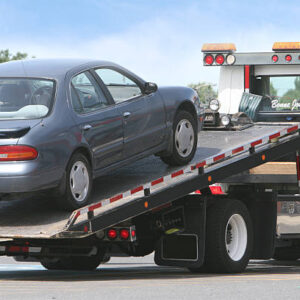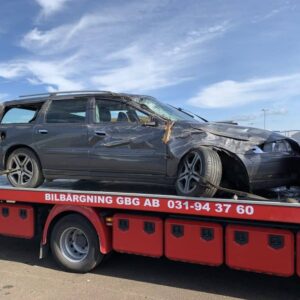The effects of car crashes can be terrible, both physically and financially. Aside from the instant costs of medical bills and property loss, victims may also have to deal with pain, suffering, and missed pay in the long run. Most of the time, these losses can be made up for by suing the driver who caused the accident and holding them responsible for their actions.
However, victims may be able to get extra money as compensation, which is called punitive damages. Quinn Law Group, LLC can help you get the money you deserve if you or someone you care about has been hurt in a car crash.
What are punitive damages?
Punitive damages are not meant to make the victim whole again; instead, they are meant to punish the offender and stop them from doing it again. These payouts are given when the defendant’s actions are seen as especially bad or immoral.
Punitive damages are meant to make the offender answer for their actions and send a message to others. Compensatory damages are meant to compensate the victim for their losses.
When are punitive damages awarded?
Damages meant to punish, also known as punitive damages, are not always given in car accident cases. For the person filing the complaint to be qualified, they must show that the defendant’s actions were not just careless but also extremely negligent or on purpose. This means the offender did something, knowing that it could hurt other people.
Some examples of gross negligence.
In a car crash case, gross negligence can be found in a number of ways. Some of these are:
- Driving while intoxicated (DUI): Operating a motor vehicle while drunk is a clear example of negligent conduct that can cause major crashes.
- Reckless driving: Going too fast, moving in and out of traffic, or running red lights are all examples of negligent driving.
- Distracted driving: Talking on a cell phone, texting, or doing other things that take your attention away from the road can greatly raise the risk of an accident.
- Fleeing the scene of an accident: If you leave the scene of an accident without helping, you could be held criminally or civilly responsible.
The burden of proof.
To get punitive damages, the client usually has to show that the defendant’s actions were not only negligent but also outrageous and wrong. A higher level of proof is needed for this than for compensatory losses.
Also, the client might have to show that the offender knew the dangers of what they were doing but chose not to care about them.
Some factors that affect punitive damage awards.
The amount of punitive damages given in a car accident case depends on a number of things. Some of these are:
- How bad the plaintiff’s losses were
- How much money and wealth the offender has
- The defendant’s past of negligent driving
- How much the offender was responsible
Consult with an attorney right away!
In a car accident case, punitive damages can make the settlement of money much bigger. However, showing gross negligence and figuring out the right amount can be hard in the judicial system.
If you think you might be able to get punitive damages after a car accident, you should talk to a personal injury lawyer right away. They will look at the details of your case and tell you what the best thing to do is.
An attorney can help you gather proof, build a strong case, and either arrange a fair deal or go to court to get the money you are owed.
By learning about punitive damages and talking to a lawyer, people who have been hurt in car accidents can hold careless drivers responsible and get justice for their injuries.




